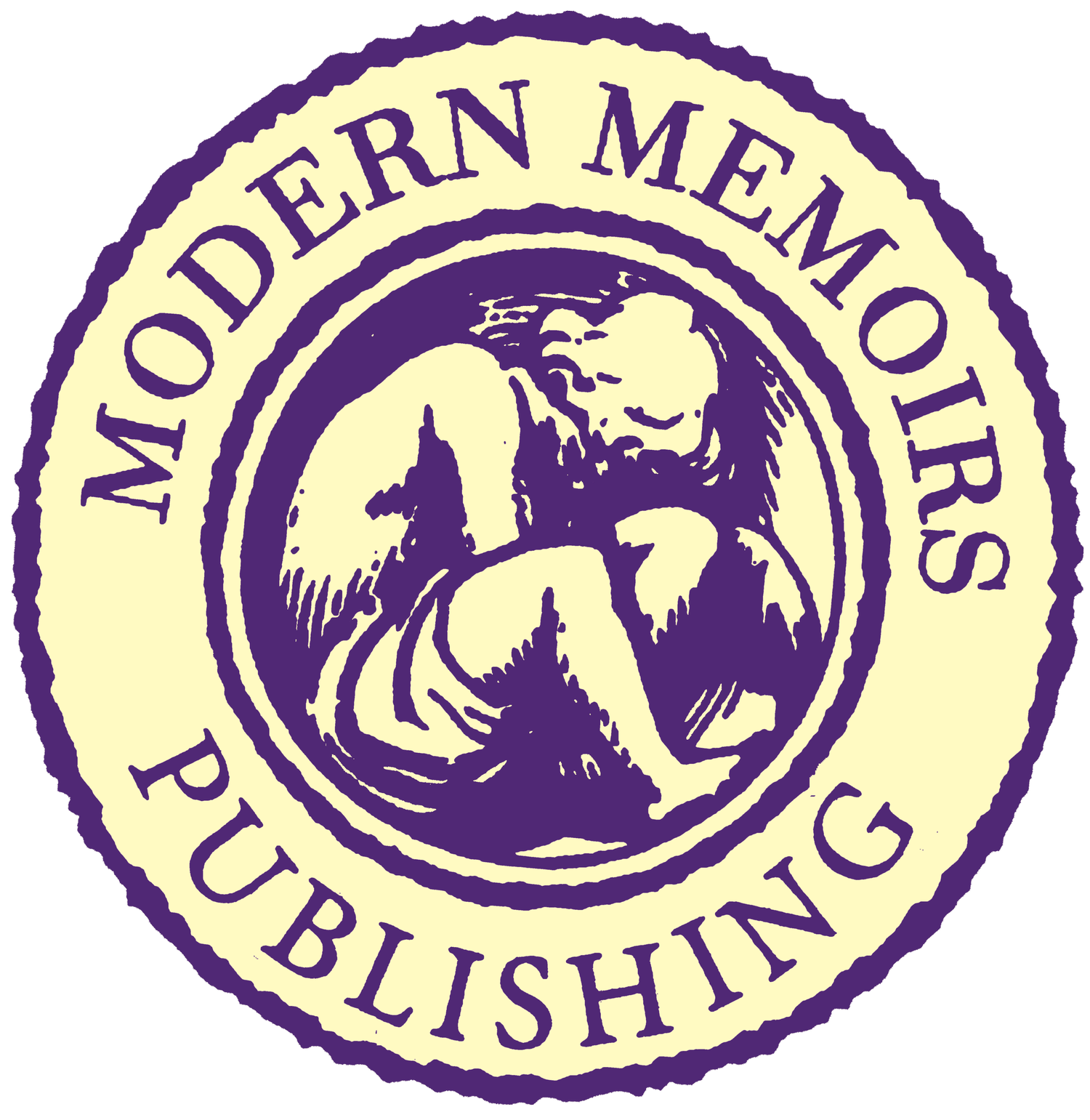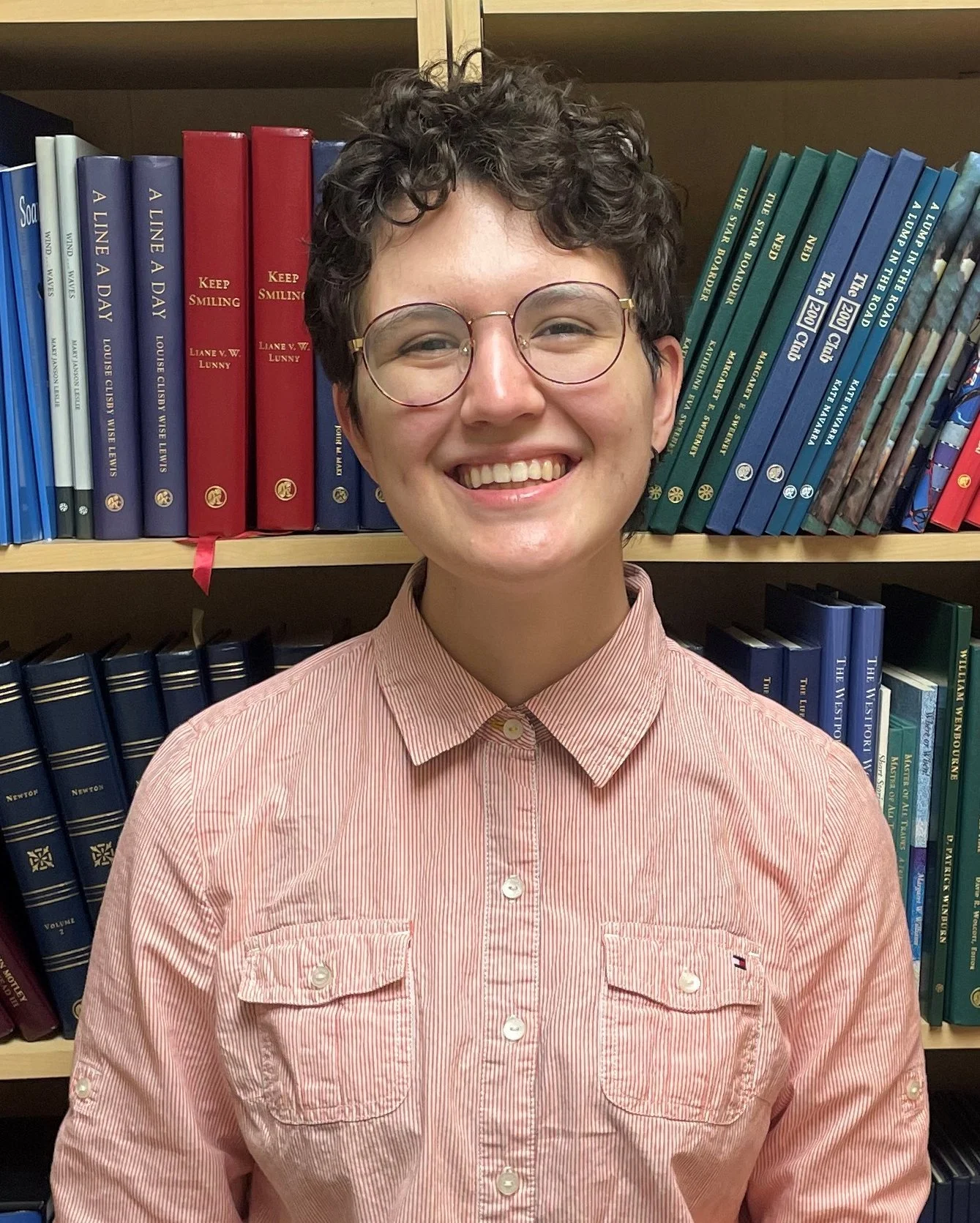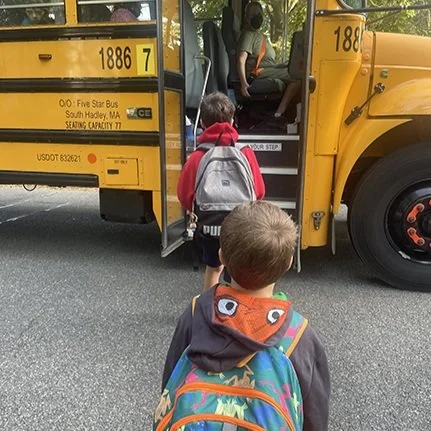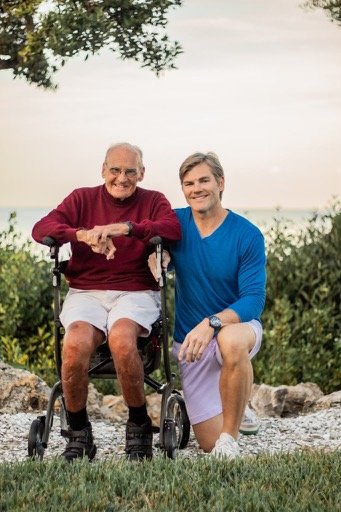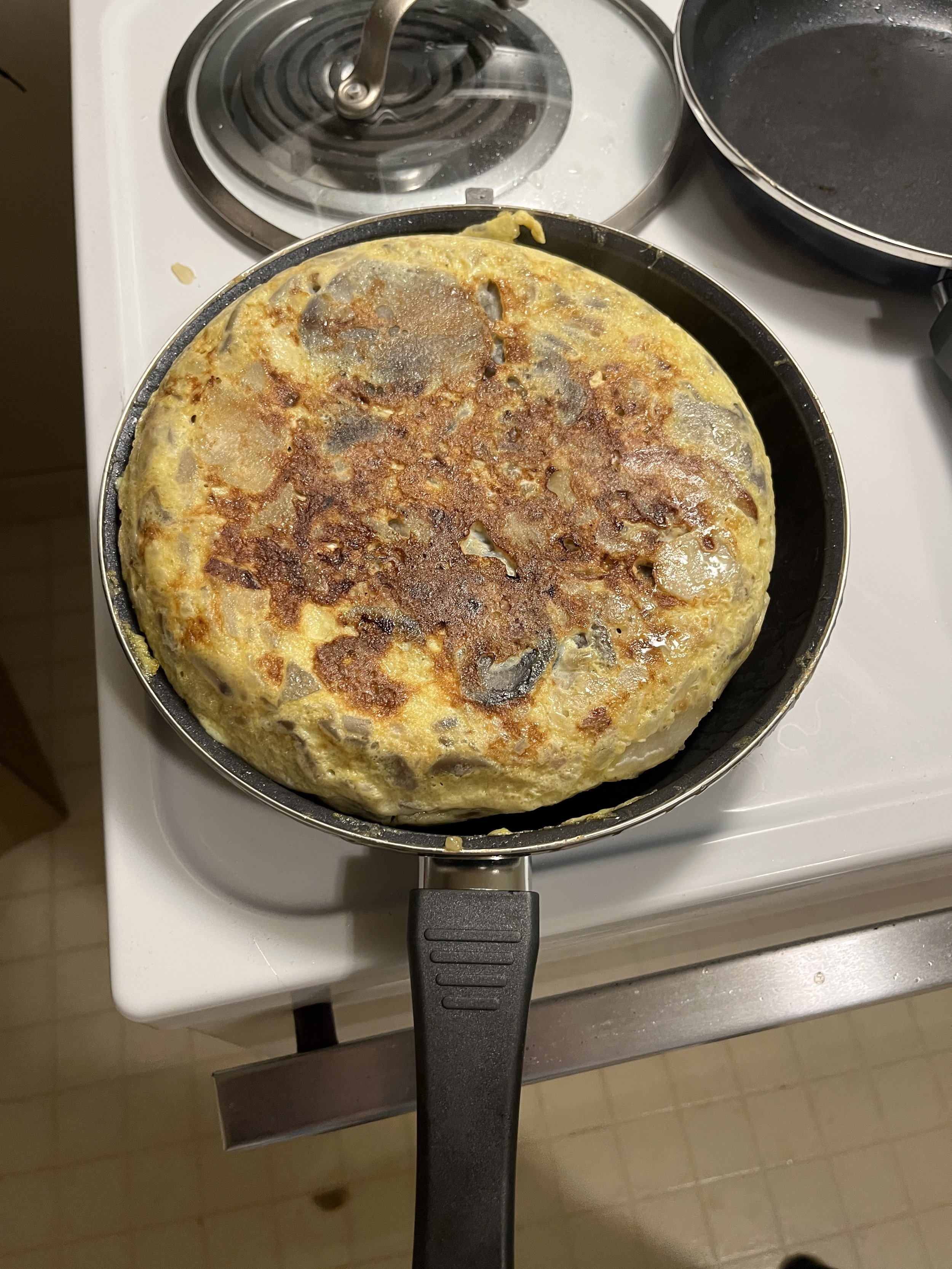Kenneth Kaplan, M.D. published his book entitled The McGill Years: Je Me Souviens with Modern Memoirs in 2023. This Assisted Memoir took one year from the day he first contacted us to the day books arrived on his doorstep. We asked Kaplan to reflect on what the publication process was like for him, and what it has meant to share his book with others.
1. Your book is a true memoir, focusing on a specific period of time in your life: the seven years that you lived in Montréal, Québec as an undergraduate and graduate student, before attending medical school in New York. Why did you choose to write a memoir, as opposed to telling the entire story of your life in a full autobiography? Who are your intended readers?
Kenneth Kaplan: I consider myself a scientist with limited artistic skills, so when I embarked on writing my first book, I really wanted to limit the scope of the subject in order to give myself the best chance to achieve my goal. In fact, I never considered writing an autobiography because of the grand scale of such an undertaking and the fact that I don’t consider my life to have such a unique or extraordinary quality to warrant an autobiography. Therefore, I stuck to a time in my life that is truly near and dear to me and encompasses experiences that energized, refined, and ultimately shaped my adult life going forward. My intended audience is very basic: family, friends, and anyone else who has a fond connection to McGill University and Montréal. In my case, the connection to McGill and Montréal includes my wife, my son, and my daughter-in-law.
2. Describe your writing process. Do you have journals from your McGill years? Or did you rely on memory and other sources?
Kenneth Kaplan: Well, I really didn’t have a structured writing process but rather a simple desire to accomplish the goal of writing a memoir so that I could share my experiences and talk about the people I love the most, my family. As I state in my dedication, the memoir evolves into a love story about my wife, Johanne, and me. I didn’t keep any journals during my McGill years, so I relied completely on my memory, which took a lot of intense recollection, reflection, and extraction of events from 40 years ago. Of course, on occasion I did resort to Google to ensure the accuracy of some of the historical facts and events in my recounted memories. But the thoughts, words, sentence structure, and organization are all my own, for better or worse.
3. What inspired you to write this book about your college years when you did, in early retirement at the age of 60?
Kenneth Kaplan: In the early 2000s I decided that I would write a memoir about my McGill years. In fact, I started a Word document in 2004 in which I typed the title and prologue. I saved it on every new PC that I purchased over the years, knowing that I would return to finish it when I had the time. That time finally came shortly after retiring in 2018 at age 60. I just had to keep all of those memories bottled up for 14 years before unleashing them! While my recollections may have been buried a little deeper over those 14 years, the ultimate telling of my story probably benefited from the deferment. With the perspective of time, I was better able to appreciate how setbacks ultimately served a purpose in shaping my life’s journey, in which I truly have no regrets.
4. You are an American who chose to study in another country, albeit one that borders the U.S. What have you learned about yourself—as a learner, a writer, an American—as a result of writing a memoir about your education in francophone Canada?
Kenneth Kaplan: I was the only student in my high-school graduating class to study outside the United States, and I was undoubtedly rewarded for making what seemed like a bold and unconventional decision at that time. While moving away from family and friends and the familiarity of American culture was at times difficult, it taught me that I was able to stand on my own and adapt to unfamiliar and challenging circumstances. Notably, my time in francophone Canada resulted in meeting my future wife, getting an unrivaled university education, having the chance to live in an incredible and beautiful multicultural city, and getting exposure to a culture and language that I would not have been able to experience anywhere else in North America.
5. Would you say that publication feels like the completion of something in your life, or the start of something new?
Kenneth Kaplan: The publication of my memoir definitely feels like the completion of a goal that I set for myself many years ago, and I could not be more pleased with the final product created by Modern Memoirs. While I don’t think it will lead to any additional publications, I won’t completely rule out the possibility. However, right now I’m just concentrating on enjoying life in retirement while keeping fit both mentally and physically.
Liz Sonnenberg is genealogist for Modern Memoirs.
